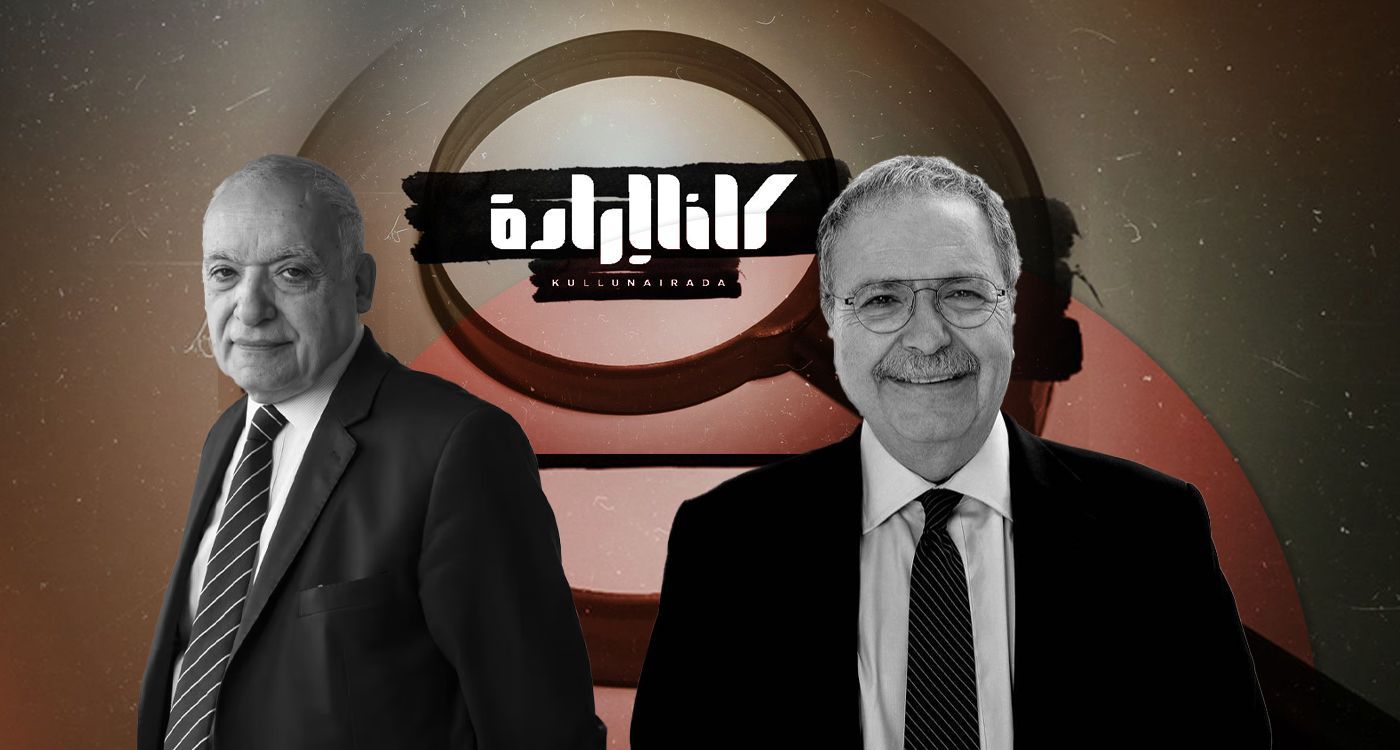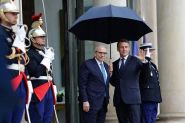
Lebanon, with a fragile sovereignty, is faltering under internal and external pressures. In these times of uncertainty, the political scene is evolving under the shadow of the Kulluna Irada movement, a group that, much like its representatives, seems to navigate a sea of contradictions and aims to extend its reach to more than one shore.
Recent developments, particularly the intervention of the Minister of Culture, Ghassan Salameh, have highlighted a troubling shift that fundamentally opposes the government’s declared strategy. During his televised appearance on Al Jadeed TV on Monday, Salameh appeared to “soften” towards Hezbollah, contradicting the very principles of the ministerial declaration and the guidelines of the newly formed government, which advocates for preserving Lebanese sovereignty and strengthening its independence from foreign interference.
Following the visit to Beirut by Morgan Ortagus, the US Deputy Special Envoy for the Middle East, Salameh expressed conciliatory positions toward Hezbollah. Adopting an almost indulgent stance toward the pro-Iranian militia, he stated (as Minister of Culture) that Lebanon could not disarm Hezbollah at present, thus rejecting any external pressure. “No country can impose a choice on Lebanon,” he insisted during the interview, before delving into an issue that normally falls under the jurisdiction of other ministries, notably the demarcation of land borders with Israel. According to him, Lebanon is “not ready to begin negotiations”—a claim that raises questions about its motives and foundations.
Discordant Discourses with National Sovereignty
For Kulluna Irada, which had long presented itself as a moderate and progressive player on the Lebanese political chessboard, the masks have now fallen. The movement seems to be losing its way in dangerous political games. Supposedly embodying “the future of Lebanon,” as it claims, the organization (which is technically not an association) increasingly appears to be embroiled in a fragile compromise between personal ambitions, opportunistic alliances and questionable financial support. The speeches of several of its ministers, starting with Minister of Culture Ghassan Salameh and former Minister of Foreign Affairs Tarek Mitri, reveal a noticeable ideological shift, thereby reigniting debates over their political orientations.
Last March, Mitri, one of the architects of UN Security Council Resolution 1701, faced strong criticism from certain political circles for his comments regarding Hezbollah’s disarmament. He had argued that it is impossible to set deadlines for Hezbollah’s disarmament by force and that strengthening the Lebanese army’s capabilities is a sine qua non condition.
This position appears increasingly conciliatory toward forces undermining Lebanon’s stability and autonomy, entangling them in influence games where loyalty to national sovereignty is no longer guaranteed.
2026 Legislative Elections: Do the Ends Justify the Means?
Since its foundation, the Kulluna Irada movement has been the subject of persistent rumors about its political stance and its funding sources, often vague and difficult to verify. Even though the group promotes transparency and a modern approach to politics, suspicions of links to foreign funds remain ever-present. While traditional parties fight to preserve their strongholds, Kulluna Irada seems to seek a new form of power, less attached to principles of sovereignty and more open to tactical alliances. Some observers wonder: Is the group seeking new allies ahead of the upcoming parliamentary elections in May 2026, which is already shaping up to be a crucial turning point for Lebanon’s political future?
Today, Lebanon’s political scene is in full motion, and Kulluna Irada will have to answer all these questions with clarity and transparency, as its political survival depends on it. Amid doubts about funding sources, inconsistency in discourse and political compromises, the organization and its ministers appear to be gradually losing their moral and strategic compass—risking becoming mere instruments serving personal and international interests. Lebanon’s future deserves better.



Comments